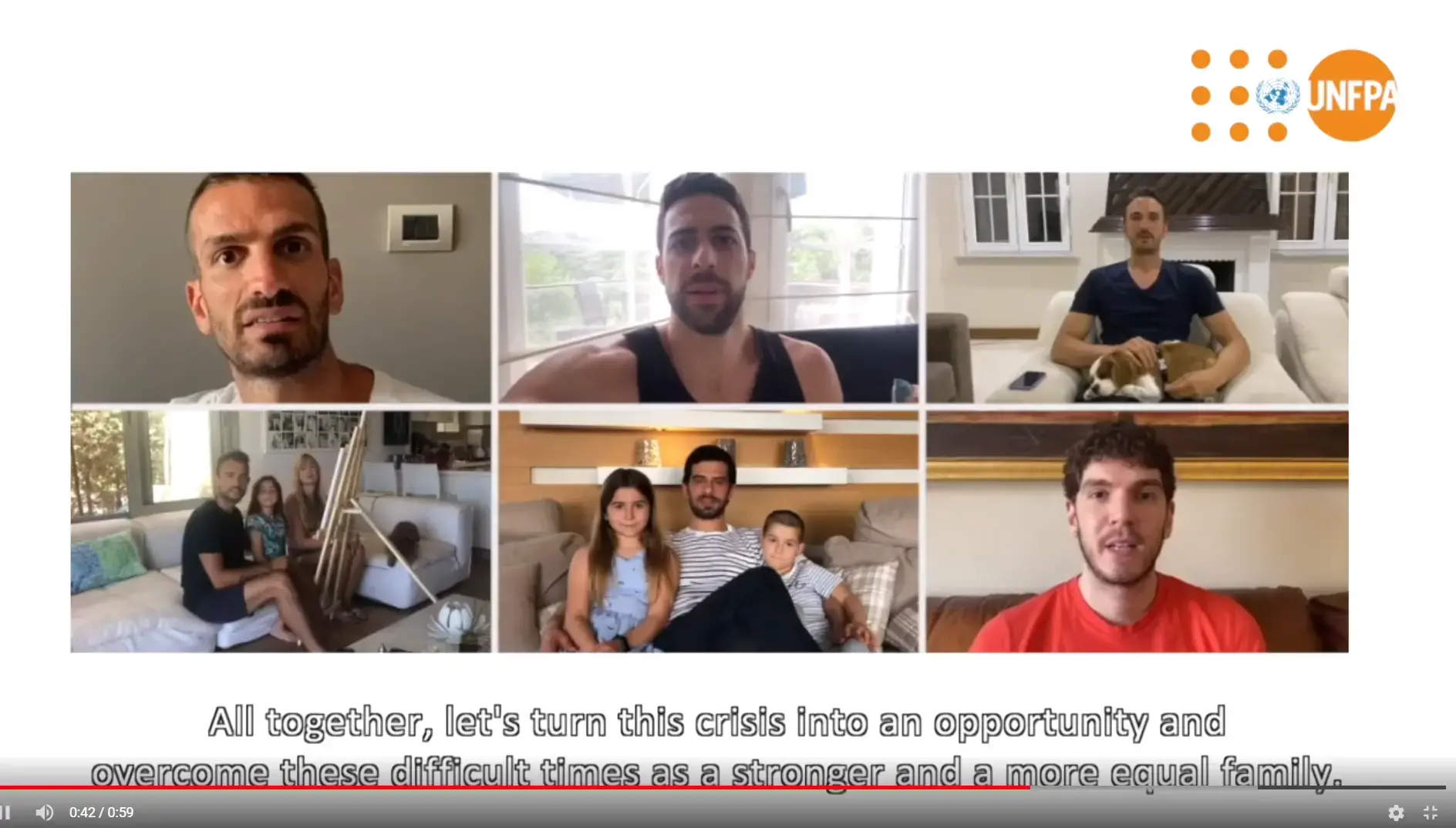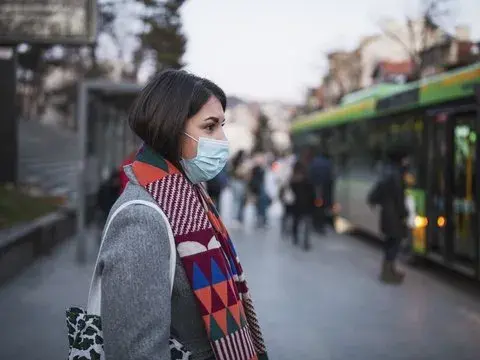ANKARA – The “Determination of Young People’s Well-Being During the Covid-19 Pandemic” research which was conducted by Youth Approaches to Health Association (Y-PEER Turkey) with the support of United Nations Population Fund (UNFPA) Turkey has been released.
The research which aims to determine the well-being status of young people between the ages of 18-30 and their experiences regarding the access to education, employment, social security, civil participation, comprehensive sexual health education and services during the COVID-19 pandemic was conducted with the participation of about 1000 young people.
The research was managed by Assoc. Prof. Tülin Şener from Ankara University, who aimed to identify young people’s problems, needs and expectations during the pandemic in comparison to their pre-pandemic stances and experiences, taking several demographic variables such as age, gender, education level and settlement status into account.
According to the research, stress and anticipatory anxiety resulting from the pandemic have considerably affected the well-being of young people both physically and psychologically. Young people who participated in the research stated that they are worried about their family members’ and friends’ health (71%) and less worried about their own health (56%). They also shared their hesitation to go out (74%) and their experience of disruption of sleep (63%) and nutrition (47%) cycle. Additionally, the findings show that young people do not feel good about not going to school or work (53%), they are not happy about their relationships with friends (45%) and they are worried about their economic situations (55%). The research also demonstrates that young people do not feel comfortable during the pandemic (50%) and do not feel good about spending so much time with their families (40%).
Education: More than half of the participants who are in higher education stated that they do not learn enough in distance learning (51,9%). 29,4% of them stated that they could not follow their courses due to the lack of motivation despite having sufficient technical equipment and 14,6% of them said that they could not follow their courses as they do not find them effective. Young people who participated in the research counted the following as the most important reasons for their failure to follow their courses regularly: lethargy at home, lack of interaction in distance learning compared to face-to-face education, ruptures in the internet and electricity, motivation loss and instructors’ difficulties with online systems.
Employment: During the pandemic, 26,6% of young people who participated in the research lost their jobs. 19,8% of those working had to take compulsory leave (48,5% of them had to take unpaid leave) while paid working hours of 21,4% were reduced. 74,6% of those who searched for a job could not find one. It is also observed that young people who are between the ages of 18-24 lost their jobs more than those aged between 25-30.
Violence: The study has also shown that dating violence among young people who participated in the research has increased from 26,45% to 33,18% during the pandemic. Similarly, in this process, digital violence has also risen from 23,34% to 27,5%. In the research, it is also determined that, in the period of pandemic, increased domestic violence has affected women and young people aged 18-24 the most.
Sexual and reproductive health: The research also revealed how the pandemic has influenced young people’s access to sexual health education and services. 85% of young people who participated in the research stated that their access to sexual and reproductive health services has been limited during the pandemic as they had hesitations to go to a medical institution. 41% of the participants expressed that they were able to reach sexual health information at their schools or universities before the pandemic whereas this figure dropped to %6,1 during the pandemic.
Based on all these, in the report, the importance of taking the common needs and requests of young people into account and the need to develop policies in this regard have been highlighted.
The report was launched with a live webinar on UNFPA Turkey’s YouTube channel.
You can reach the whole report here.




